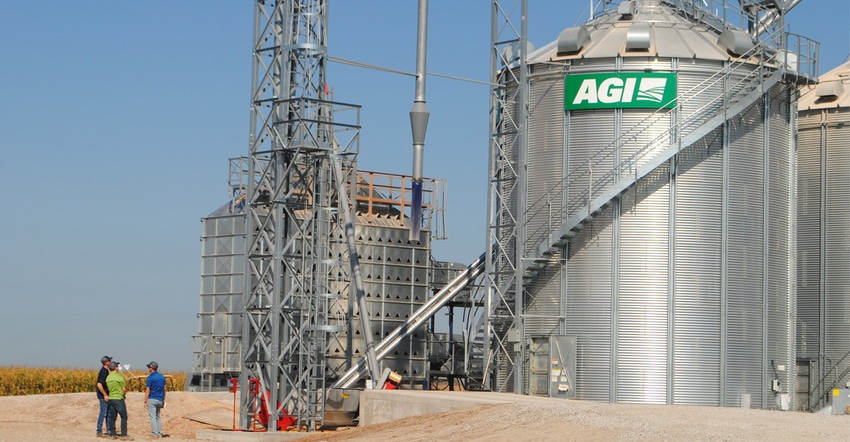
If you read the LEAD Comment column regularly in Nebraska Farmer, you are familiar with the caliber of agriculture leaders and spokespersons that come out of this unique program.
Nebraska LEAD, or Leadership Education/Action Development, Class 40 participants were announced recently by LEAD director Terry Hejny, and the two-year program began earlier in September.
"Once again, it appears that Class 40 is filled with outstanding individuals from throughout our state, and I am excited to get started with them,” Hejny says. “Our task will be to prepare and motivate them for future leadership roles in their community, our state and beyond.”
LEAD fellows will participate in 12 monthly three-day seminars across Nebraska, a 10-day national study/travel seminar and a 14- to 16-day international study/travel seminar. The goal of the program is to develop problem-solvers, decision makers and spokespersons for Nebraska agriculture and beyond.
Broad range of themes
In the early days of the program, the major topics covered were water quality and quantity, ag policy and finance, international trade, education, energy, health care and others. These topics remain important to program participants.
“What has changed is the amount of new scientific research, new discoveries and new information and technology that has affected how these topics are presented,” Hejny says.
The wide range of themes for the seminars for this class, along with those listed above, also include leadership assessment and potential, leadership through communication, Nebraska’s political process, global perspectives, nuclear energy, social and cultural issues, understanding and developing leadership skills, agribusiness and marketing, information technology, the resources and people of Nebraska’s Panhandle, and other areas designed to develop leaders through exposure to a broad array of topics and issues and how they interrelate.
New class
The Nebraska LEAD 40 fellows by city or town are:
Mitch Oswald, Aurora
Maggie Dickey, Bayard
Tanner Nelson, Bertrand
Andrew Bellamy, Cozad
Rylee Stoltz, Creighton
Nate Parde, David City
Steve Landon, Greenwood
Timothy Hashman, Hemingford
Abe Smith and Hannah Swink, Kearney
Austin Benes, Tyson Broekemeier, Eric Coufal, Kurtis Harms, David Moss, Rachel Prosser, Stephanie Schuler, Logan Sheets and Curtis Welsh, Lincoln
Amber Klassen , Lindsay
Cole Lewandowski, Litchfield
Stephanie Nelson, Minden
Trentee Bush, Norfolk
Kara Geweke, Omaha
Molly Dixon, Pleasanton
Dylan Haas, St. Edward
Blake Wohlers, Scottsbluff
Chris Grams and Melissa Haack, Upland
The Nebraska LEAD program is sponsored by the nonprofit Nebraska Agricultural Leadership Council in cooperation with the Institute of Agriculture and Natural Resources at the University of Nebraska-Lincoln and 12 other institutions of higher education throughout Nebraska.
Personalized experience
“Since LEAD is a transformational travel and experiential leadership development program, our in-state seminars, our national study/travel seminars and international study/travel seminars provide each LEAD fellow those specialized experiences,” Hejny says. “While the participants of each class essentially receive the same experience, they view those experiences through their own lenses and that provides a specialized individual experience.”
Hejny says that LEAD provides one of the finest examples of a private-public partnership that he knows of between NALC and the University of Nebraska-Lincoln IANR.
“LEAD assists its participants in finding their passion and fast-tracks them into positions of leadership within the agricultural industry,” he explains. “Graduates of the Nebraska LEAD program return back to their communities — large or small, rural or urban — and get involved and make their communities a better place to live, work and play.”
Learn more at lead.unl.edu.
About the Author(s)
You May Also Like






